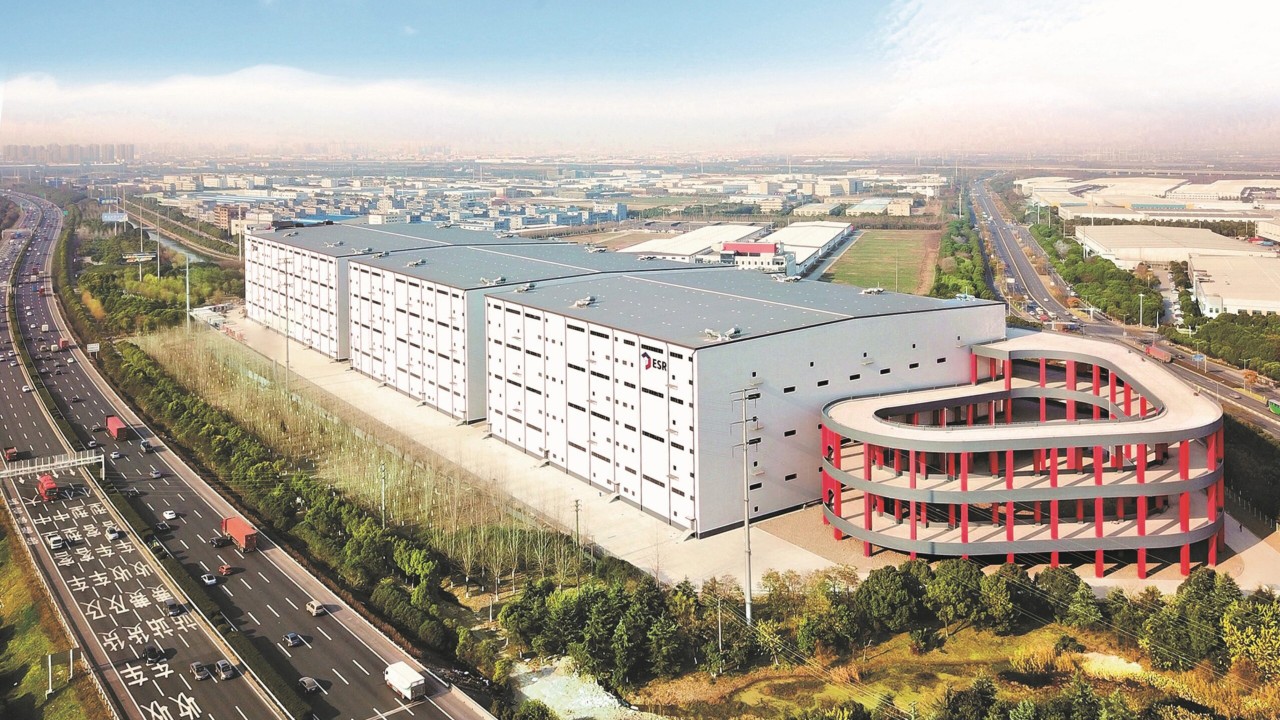
No price or financial terms were mentioned in the filing, as the company said the discussions were at a preliminary stage only.
Warburg Pincus, the largest shareholder of ESR, with a 14.04 per cent stake, is not part of the consortium.
However, ESR said Warburg and the company’s founders are “in discussions with the consortium and they are welcoming of the indicative proposal and believe that it is in the best interests of the shareholders.”
The founders – Stuart Gibson, Charles de Portes, and Shen Jinchu – own a combined 7.43 per cent of the company.
ESR has formed an independent board committee and has appointed Citigroup Global Markets Asia as a financial adviser to evaluate the proposal.
Shares of ESR were suspended on Monday pending the announcement. They rose 12 per cent last Friday to close at HK$10, but are still 13 per cent down over the last year. The company has applied to resume trading on Tuesday.
ESR raised HK$14 billion (US$1.8 billion) in an initial public offering in Hong Kong in 2019, and had a market capitalisation at HK$42.12 billion on Friday. The company manages real estate assets in mainland China, Japan, South Korea, Australia, Singapore, India, and New Zealand.
“It is very difficult to complete privatisation deals amid a market bull run because some investors may want to wait for the share prices to go up further instead of accepting the privatisation offer,” said Tom Chan Pak-lam, permanent honorary president of the Institute of Securities Dealers.
When a company decides to go for a privatisation deal, the controlling shareholder or certain major shareholders make a general offer to all other shareholders to buy their shares.
Under Hong Kong regulations the threshold is high, requiring 90 per cent of shareholders in terms of the value of the shares to accept the offer for the proposed privatisation to go ahead. Many privatisation proposals fail because they cannot reach that level of support.
The benchmark Hang Seng Index has gained more than 16 per cent since the China Securities Regulatory Commission (CSRC), the mainland’s securities watchdog, last month unveiled five measures to support Hong Kong’s capital market and enhance cross-border trading.
At one point it rose 20 per cent from a January low, a gain that put it into bull market territory.
Before the recent rally, the Hang Seng Index was among the world’s worst performers, something that triggered a lot of privatisation offers.
Hong Kong-listed firms were involved in US$4 billion worth of take-private deals as of mid-March, before the bull run, compared with US$1.2 billion for the whole of last year, according to data from Dealogic.

